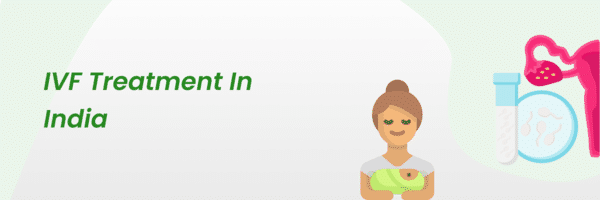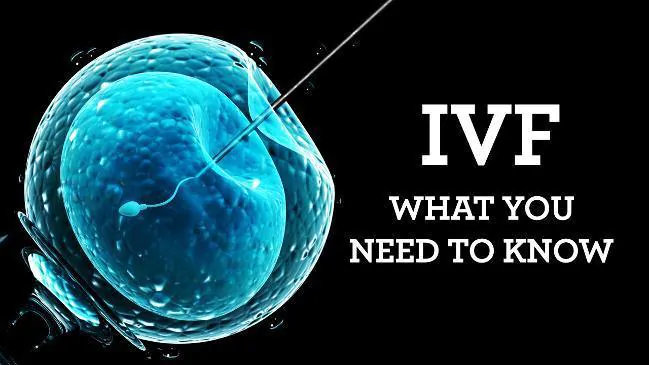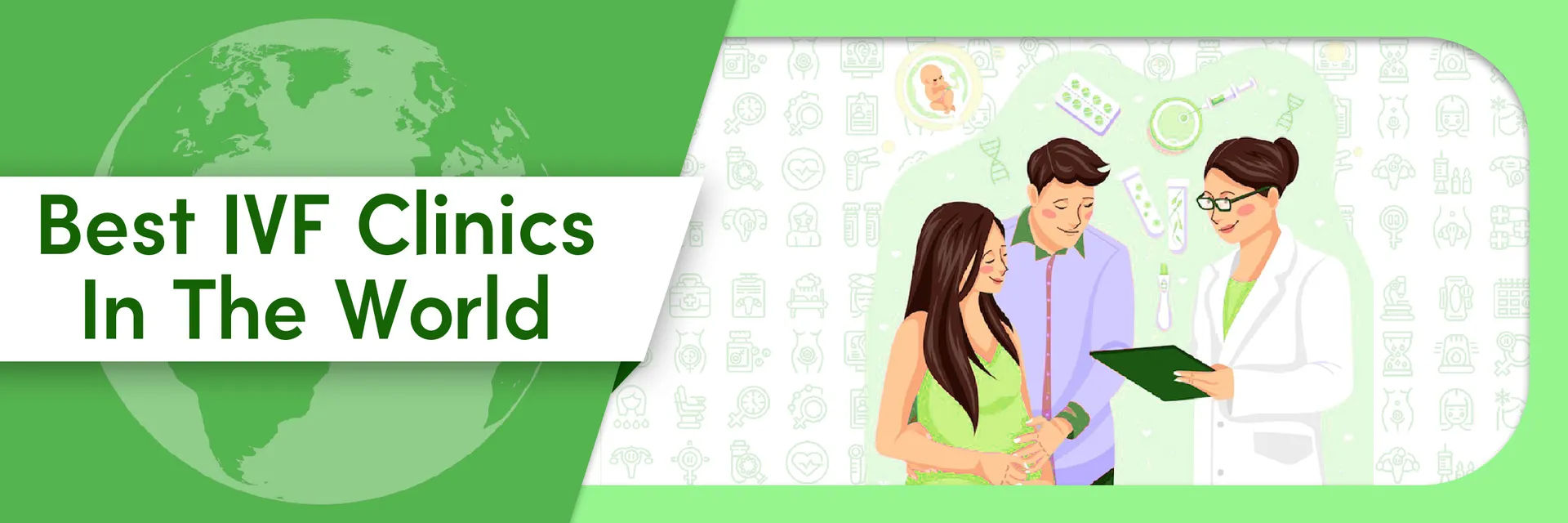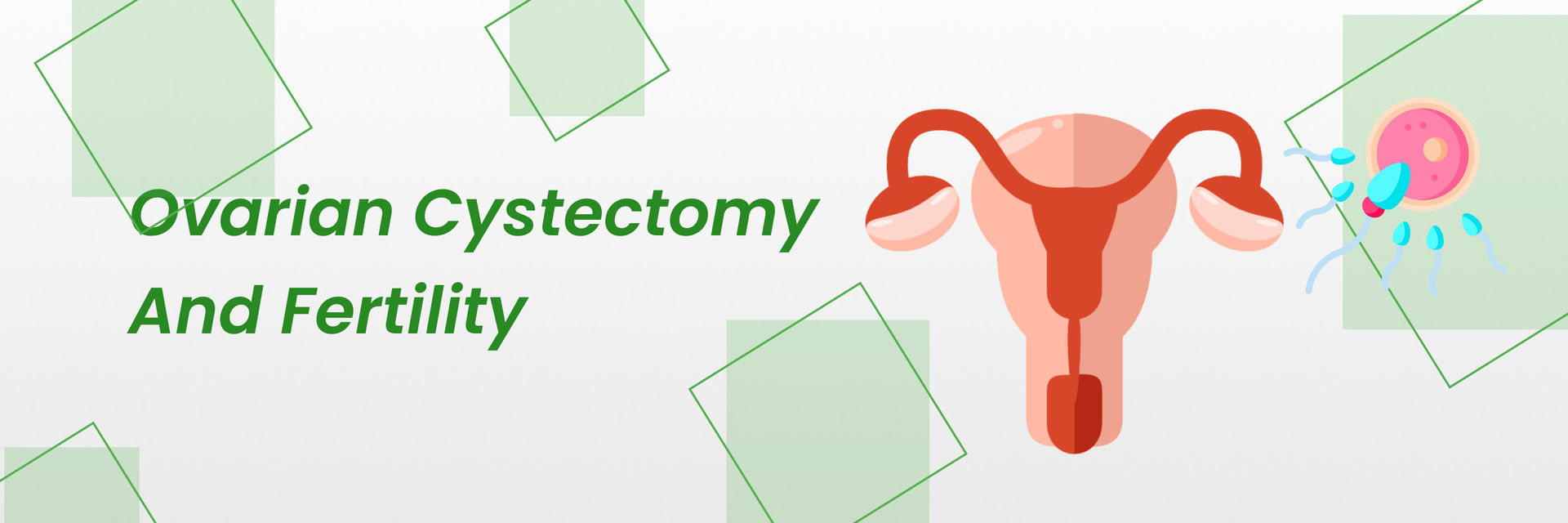IVF treatment has undergone huge transformations since it was discovered. One of the advancements in IVF treatment is .
You must be wondering what is it?
So, let’s understand the assisted hatching process in simple terms.
Assisted hatching is a laboratory process which is done together with In vitro fertilization (IVF) treatment.
Normally in IVF, eggs are placed in the petri dish with sperms so that the sperm fertilizes the egg. Fertilization of eggs takes place when a sperm successfully infuses into the egg.
After fertilization, the fertilized eggs are monitored for three to six days as they divide and grow into embryos. From the fertilized eggs, best embryos (generally 2-3 in number) are selected and transferred to the woman’s womb (embryo transfer).
In the initial 5 to 7 days of embryo development, the embryo is covered by an external shell known as zona pellucida. Normally, when the embryo enters the uterus, this zona mostly disintegrates and the embryo hatches out, enabling it to embed in the uterus.
As the embryo develops, it naturally breaks out of this shell.
However, in certain patients, the embryo is not able to break the hardened outer shell. This leads to the embryo not being able to hatch out and implant in the uterus of the woman.
Here, the “assisted hatching” process comes into action.
Assisted hatching is a laboratory micromanipulation process done before the embryos are transferred in the uterus following an IVF or ICSI cycle in order to facilitate the embryo to hatch out of the Zona.
What does assisted hatching process incorporate?
It’s important to know that assisted hatching is a laboratory process done by experienced embryologists only.
In assisted hatching a little opening is made in the zona utilizing a fine needle, utilizing an exceptionally powerful magnifying instrument.
Assisted hatching is done before the embryos are transferred to the uterus. When the embryo which has undergone assisted hatching reaches the uterus, it can easily hatch through this opening and implant itself in the uterus.
How is assisted hatching done?
Now that we know what happens in assisted hatching, it’s time to dig deep to know the actual process of assisted hatching.
During assisted hatching, the outer shell of the embryo is unnaturally weakened by creating a tiny low hole within the zona. There are different ways to do it.
1. One technique involves the use of an acid solution, namely Tyrode’s solution:
Acidified Tyrode’s solution is used for assisted hatching of the embryo for artificially boring the zona pellucida. With a pH of 2.1-2.5, the highly acidic solution can break the zona pellucida without harming the embryo but only if used in controlled amount.
2. Another technique involves the employment of a laser to “crack” the shell:
The use of the laser has enabled the advancement of precision procedures to control embryo development for improved fertility.
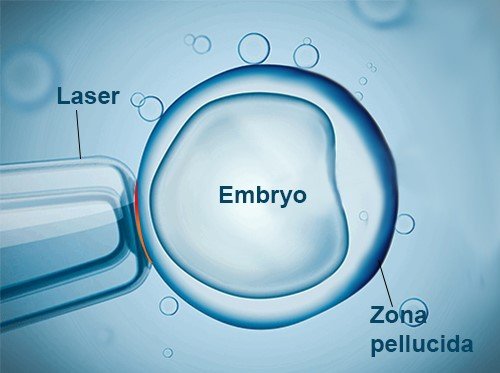
Laser-assisted hatching includes using a highly focused infrared laser beam to remove the zona pellucida in a very precise manner. Laser-assisted hatching reduces the efforts to monitor embryo than any other techniques.
Can assisted hatching cause issues with embryo or pregnancy?
No doubt assisted hatching does promote the chances of fertility. However, an important point comes up that “does assisted hatching process effect the embryo or pregnancy in a negative manner”?
Answering this question, rarely ever assisted hatching will harm the embryo, rendering it unusable.
But, the risk for identical twins can be marginally increased if assisted hatching is utilized. Twin or multiple pregnancies causes more medical complications than normal single pregnancies.
Sometimes antibiotics and steroid hormones are recommended around the day of the assisted hatching and embryo transfer. Rarely, side effects will occur from the consumption of those medications.
When is assisted hatching recommended?
Assisted hatching is not prescribed generally. It is specifically prescribed for a certain group of patients. Researches suggest that assisted hatching may facilitate improve fertility possibilities in females who are not likely to conceive naturally (Prognosis).
Your IVF specialist can help you determine if assisted hatching might be useful to you.
Assisted hatching is prescribed in the following cases:
What are the other reasons to do assisted hatching?
In addition to the above-discussed cases, assisted hatching can also be used if preimplantation genetic designation (PGD) is planned.
In this case, assisted hatching of embryos is done on the third day after fertilization which makes the diagnostic test for PGD easier.
Talking about PGD, a small amount of tissue is taken from the outer cells of the embryo (trophectoderm), generally around the fifth day after fertilization (blastocyst stage).
The PGD test is easier in a hatched embryo.

